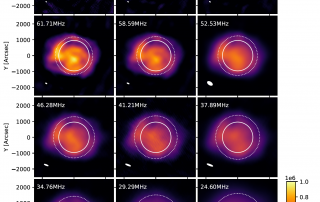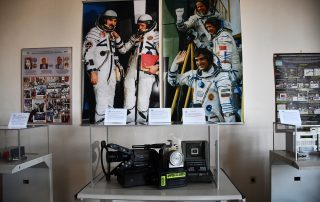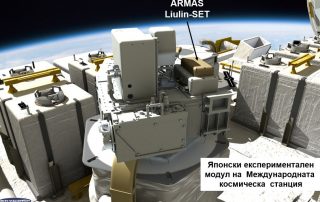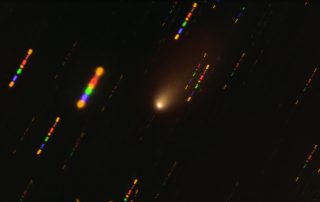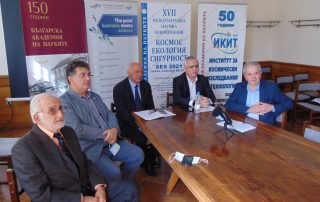Evolutionary processes in astrophysics: synergy of observations with theory
The North America Nebula - a cradle of star formation The project "Evolutionary processes in astrophysics: synergy of observations with theory" of a team of scientists from the Institute of Astronomy with National Astronomical Observatory (IA with NAO) has been successfully completed. The scientific achievements of the project are in the areas of galaxy evolution, star formation, main sequence stars, symbiotic stars, the Sun and the Solar System. The results have been published in 70 papers, with a total impact factor = 213.326 and a total impact rank = 10.418, and presented at 35 national and international conferences. A total of 45 participations in scientific forums were made during the two phases of the project. Three dissertations were defended and 2 scientific forums [...]



